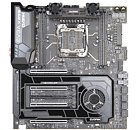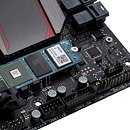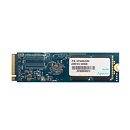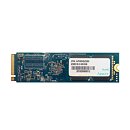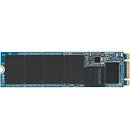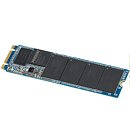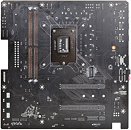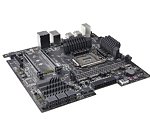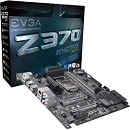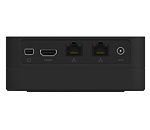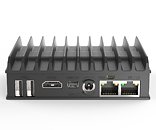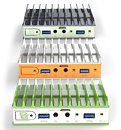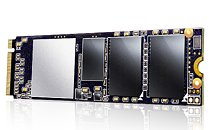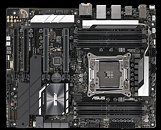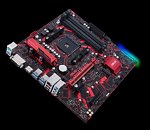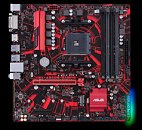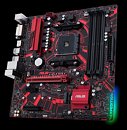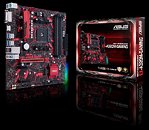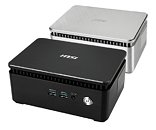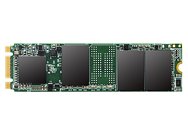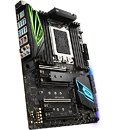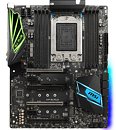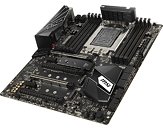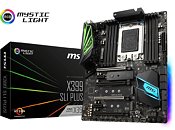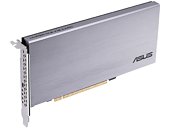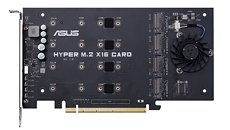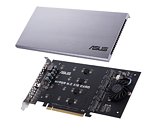
AMD 400-series Chipset Surfaces on PCI-SIG, PCIe 3.0 General Purpose Confirmed
AMD's second-generation Ryzen processors, which debut some time in Q1-2018, will be accompanied by the company's new 400-series motherboard chipset, even though they are expected to work with existing socket AM4 motherboards based on 300-series chipsets (with BIOS updates). The 400-series Promontory chipset surfaced on the PCIe Integrators List of PCI-SIG, the standards governing body of the PCI bus (which also oversees PCIe specifications development).
The listing seems to confirm that 400-series chipset will feature PCI-Express gen 3.0 general purpose lanes. These are downstream PCIe lanes put out by the chipset, to run the various external onboard controllers on the motherboard, and usually wired to the x1 and x4 PCIe slots. The current 300-series chipset only features up to 8 PCIe gen 2.0 general purpose lanes, and that was seen as a drawback. AMD Ryzen socket AM4 processors put out additional gen 3.0 lanes besides the 16 lanes allocated to PEG (one x16 or two x8, physically x16 slots); and 4 lanes serving as chipset bus. These additional gen 3.0 lanes typically drive a 32 Gb/s M.2 slot. With 400-series chipset bringing gen 3.0 general purpose lanes, one can expect newer socket AM4 motherboards with more than one 32 Gb/s M.2 slot (one from the SoC, another from the chipset).
The listing seems to confirm that 400-series chipset will feature PCI-Express gen 3.0 general purpose lanes. These are downstream PCIe lanes put out by the chipset, to run the various external onboard controllers on the motherboard, and usually wired to the x1 and x4 PCIe slots. The current 300-series chipset only features up to 8 PCIe gen 2.0 general purpose lanes, and that was seen as a drawback. AMD Ryzen socket AM4 processors put out additional gen 3.0 lanes besides the 16 lanes allocated to PEG (one x16 or two x8, physically x16 slots); and 4 lanes serving as chipset bus. These additional gen 3.0 lanes typically drive a 32 Gb/s M.2 slot. With 400-series chipset bringing gen 3.0 general purpose lanes, one can expect newer socket AM4 motherboards with more than one 32 Gb/s M.2 slot (one from the SoC, another from the chipset).



